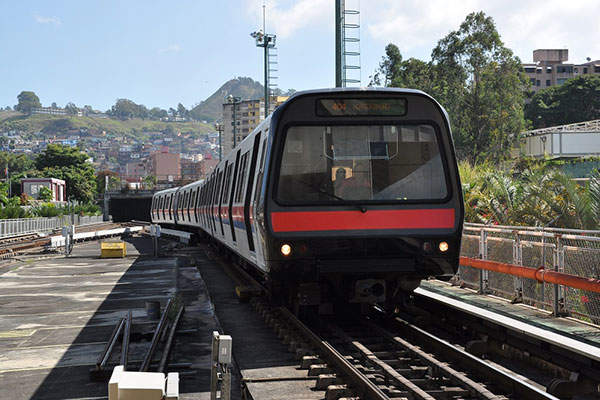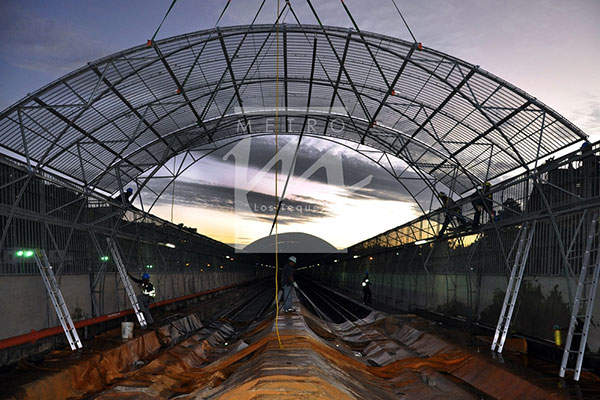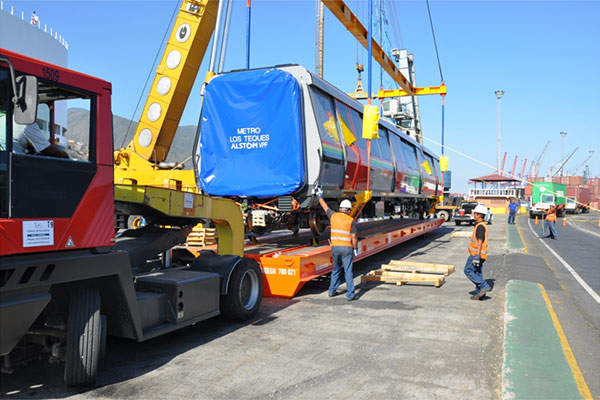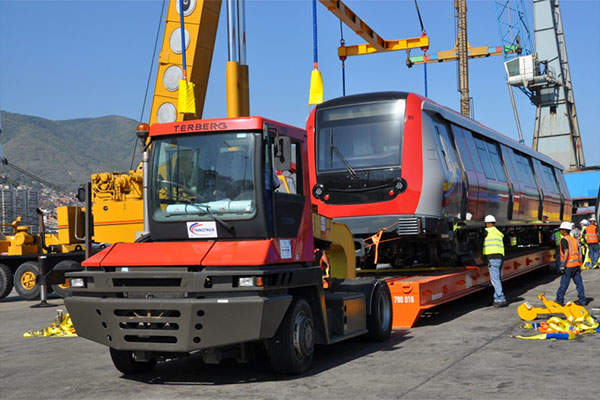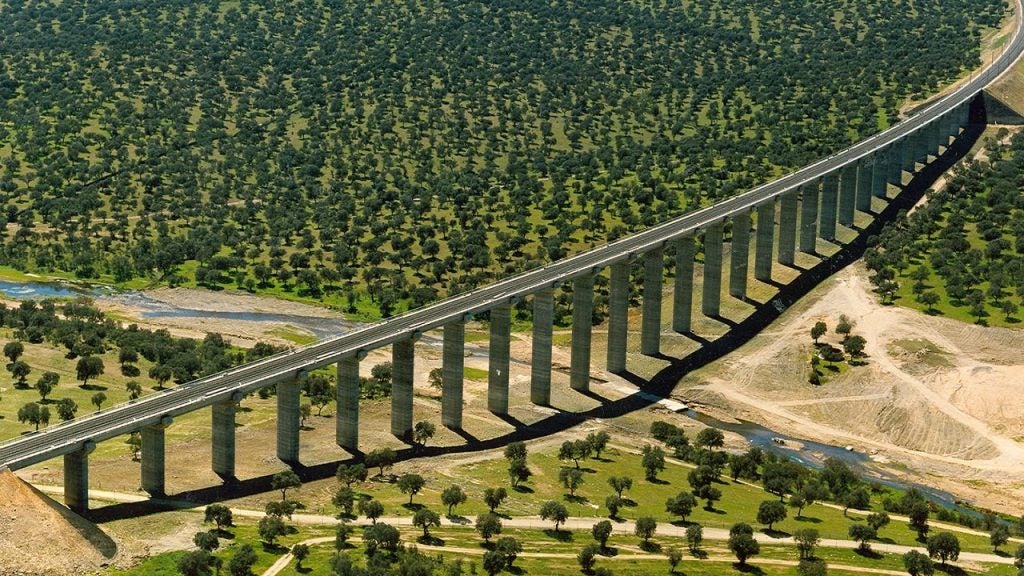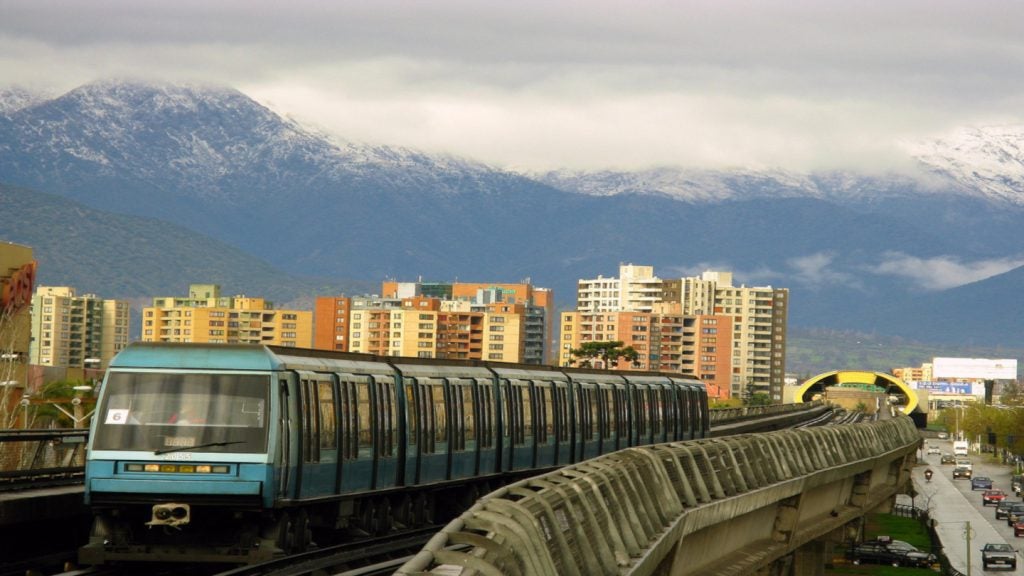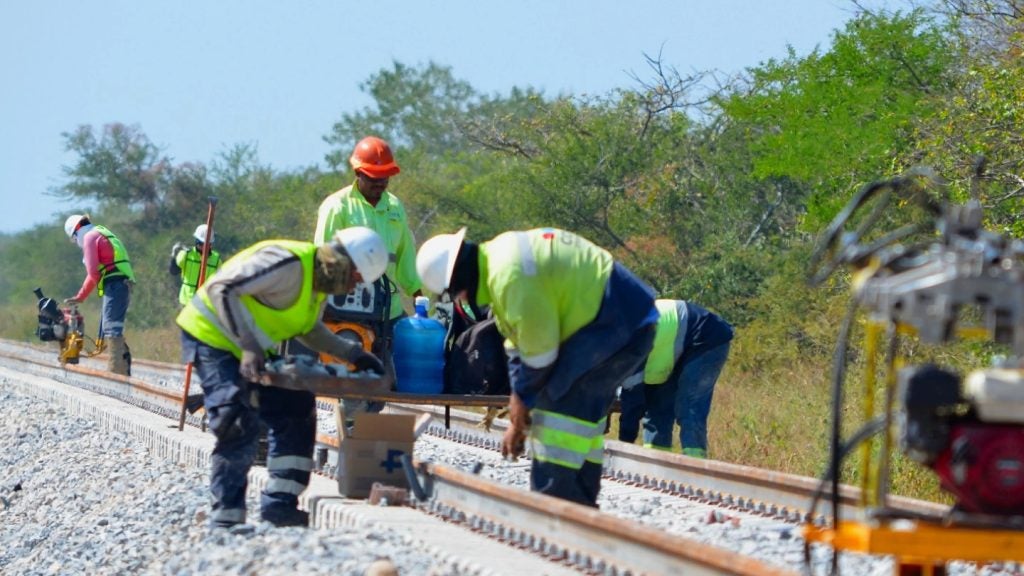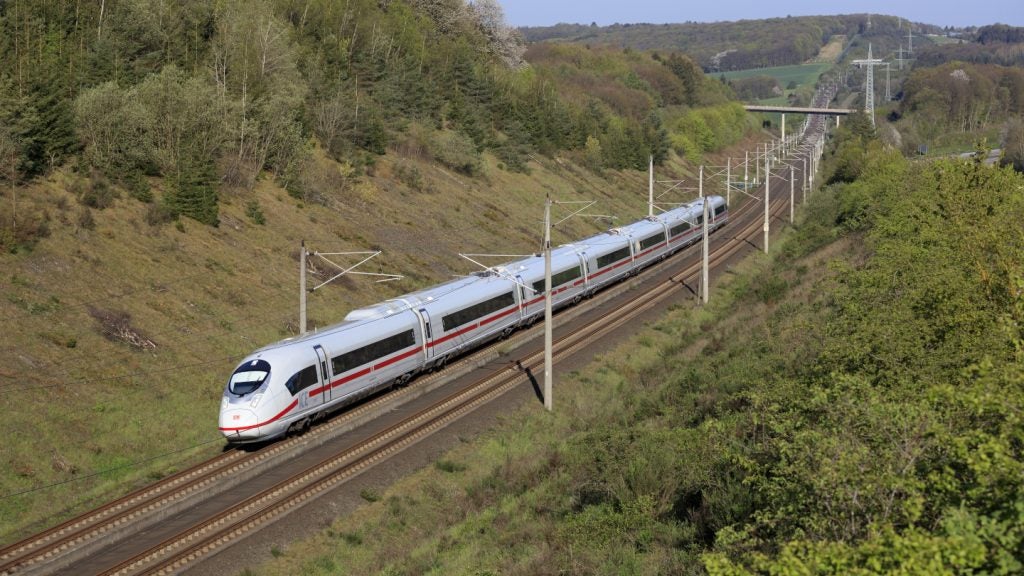The Los Teques Metro is a suburban mass-transit system under development in Los Teques, Venezuela. The metro system is owned by CA Metro Los Teques, which is controlled by the State of Miranda (40%), CA Metro de Caracas (40%) and the City of de Guaicaipuro (20%).
Line 1 of the metro rail system was officially put into service in November 2006, and carries more than 42,000 commuters a day. Line 2 was opened in 2015. The Venezuelan Government also plans to construct a third line (Line 3).
The Tinaco-Anaco railway line in Central Venezuela was launched for construction in 2009. The railway line is among the 15 primary lines that the government plans to construct in the next 20 years.
Los Teques Metro project construction
Foundations for the Los Teques Metro project were first laid by the Venezuelan President Hugo Chavez Frias in 2001. The system is designed to connect Venezuela’s capital city, Caracas, with Los Teques. It will also ease congestion on the Pan American Highway stretch between the two cities.
Phase one construction began in 2001, and included canalisation of the San Pedro River, tunnelling, and bridge construction. Two earth-pressure balanced tunnel boring machines (EPB TBMs) were used to excavate the tunnels.
Line routes of Los Teques Metro
The 9.5km-long Line 1 stretch between the Las Adjuntas and Alí Primera stations runs parallel to the San Pedro River. A new station called Ayacucho was constructed between Las Adjuntas and Ali Primera in the first half of 2015.
The 12km-long Line 2 between Tambor and San Antonio de Los Altos includes two sections. The first runs from Ali Primera station to the central town of Los Teques, and covers Guaicaipuro and Independence stations, while the second section encompasses the Los Cerritos, Carrizal, Las Minas and San Antonio stations. Line 2 became operational in 2015.
The proposed 18.5km-long Line 3 will link San Antonio with La Rinconada Station on Line 3 of Caracas Metro. It will pass through La Morita, San Diego, Potrerito, La Mariposa and La Rinconada stations.
Rolling stock
Lines 1 and 2 of Los Teques Metro are served by 22 Metropolis trains, containing six cars each. The new units increase transfer capacity per trip by 60%, compared to the units of the current fleet that are in service with Line 1.
The Metropolis trains for the Los Teques Metro offer wide-access doors and higher passenger capacity. Each unit is equipped with corridors for circulating between the cars, internal LED lighting, and a CCTV2 surveillance system. The modular interior layouts of the cars can be customised according to user requirements.
Contractors involved with Los Teques Metro project
The Alstom-led Frameca consortium was awarded a €204m ($250m) turnkey contract by CA Metro Los Teques for supplying the electromechanical system and rolling stock for Line 1, in September 2005.
The Consorcio Línea II joint venture between Odebrecht and Vinccler was responsible for the construction of Line 2.
In October 2011, Consorcio Línea II placed a €530m ($748m) contract with the Alstom-led consortium Grupo de Empresas for the construction of Line 2.
Alstom (60%), along with Colas Rail (22%) and Thales Transportation Systems (17%), managed the project development, including engineering, integration and commissioning of the electromechanical works. Colas Rail was responsible for track-laying, auxiliary and emergency power supplies, as well as fire detection systems, whereas communication and control systems were supplied by Thales.
Alstom also supplied 22 metro trains, medium-voltage electrification, traction substations and part of the signalling equipment under the contract. The rolling stock was produced at Alstom’s Valenciennes site. The first train-set was delivered in March 2015, while the last train-set was delivered in April 2017.
Global Tunnelling Experts (GTE) supplied personnel for the tunnelling works of the project.

